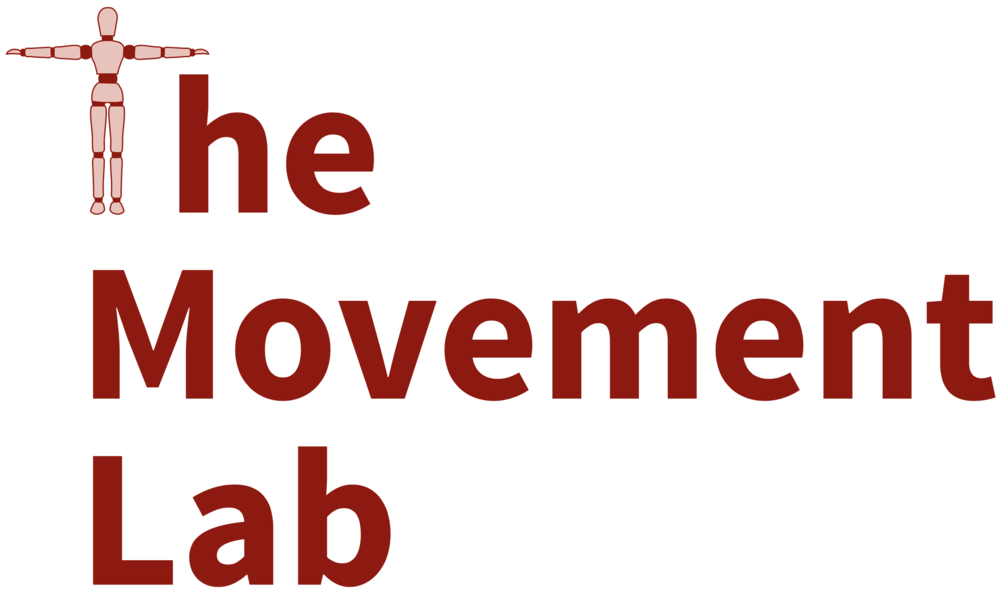Task-aware Variations

Social robots can benefit from motion variance because non-repetitive gestures will be more natural and intuitive for human partners. We introduce a new approach for synthesizing variance, both with and without constraints, using a stochastic process. Based on optimal control theory and operational space control, our method can generate an infinite number of variations in real-time that resemble the kinematic and dynamic characteristics from the single input motion sequence. We also introduce a stochastic method to generate smooth but nondeterministic transitions between arbitrary motion variants. Furthermore, we quantitatively evaluate task-aware variance against random white torque noise, operational space control, style-based inverse kinematics, and retargeted human motion to prove that task-aware variance generates human-like motion. Finally, we demonstrate the ability of task-aware variance to maintain velocity and time-dependent features that exist in the input motion.
